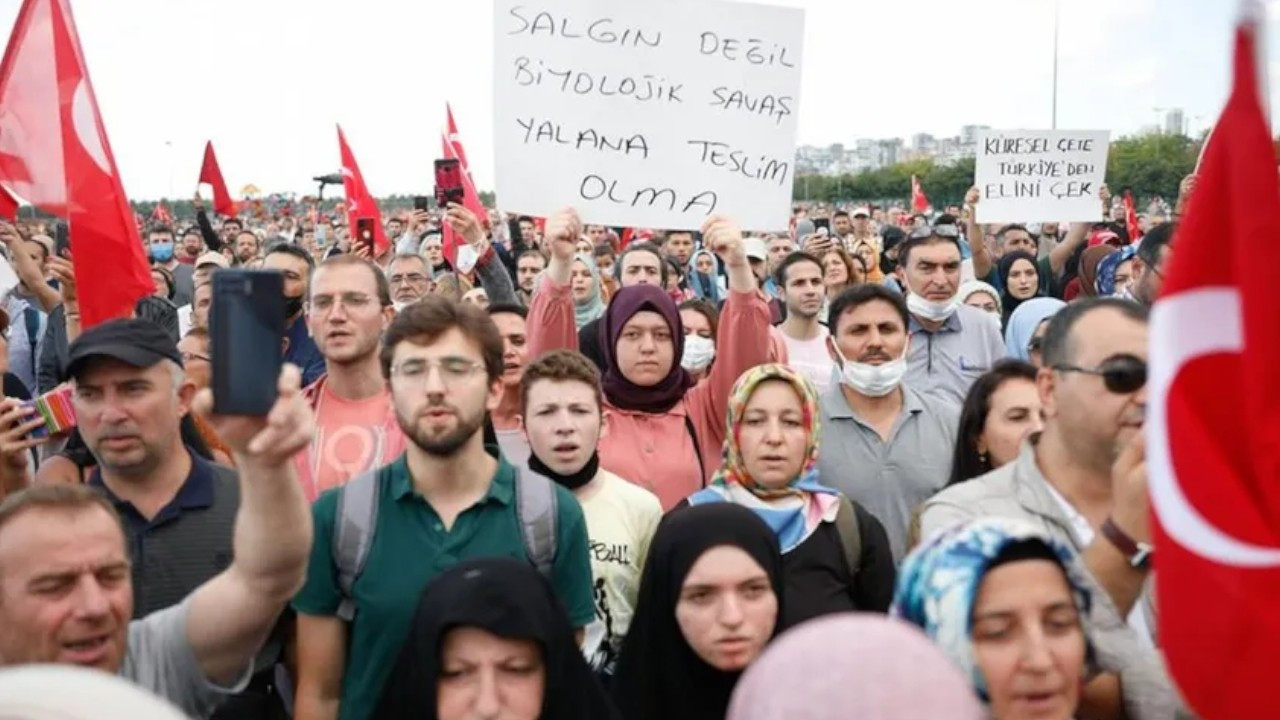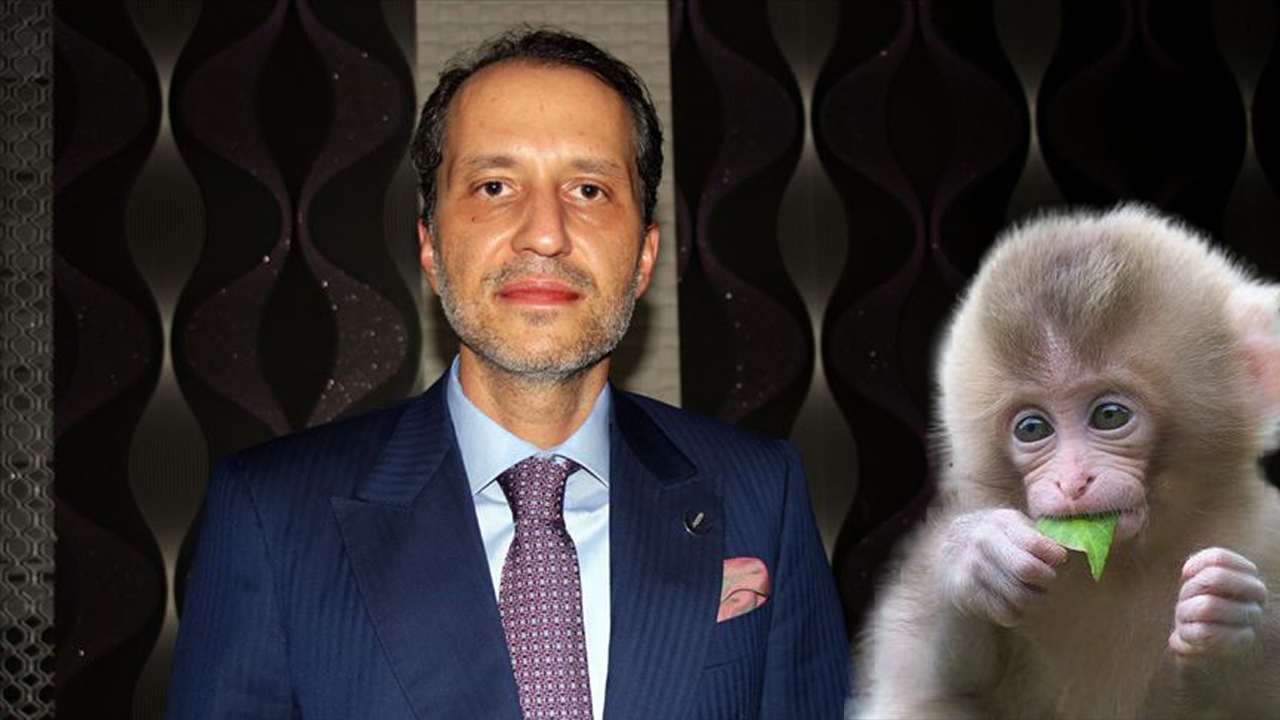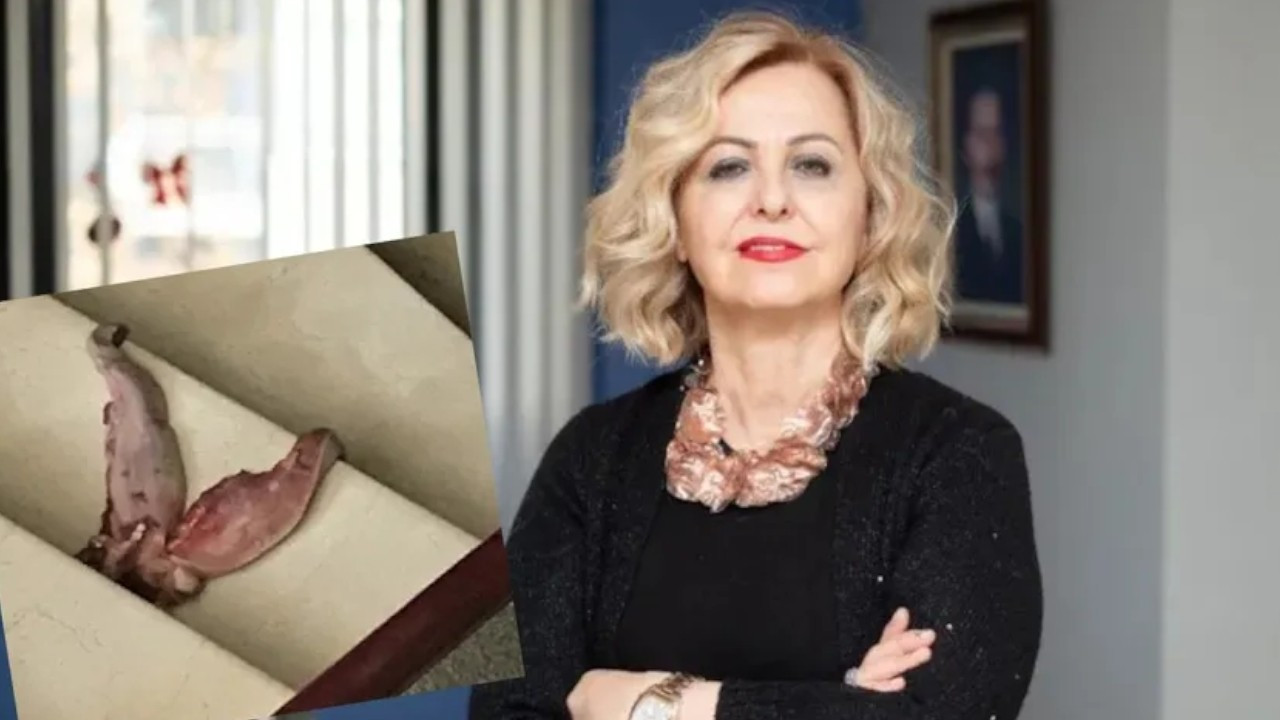Turkish court bases ruling against heel prick test on ‘alternative medicine’
A Turkish family court rejected the Health Ministry's application against the family who did not allow doctors to conduct heel prick test to their newborn baby, citing the writings of “Islamic alternative medic” Aidin Salih and criticizing “the hegemony of the World Health Organization.”
Duvar English
Kars Family Court has ruled in favor of the family who refused to have heel prick blood taken from their newborn baby as part of the Health Ministry’s national “Newborn Screening Programme.”
According to the Health Ministry's national screening programme, a few drops of blood taken from the heel, which is the least painful part of the baby's body, are used to screen for six diseases with serious consequences.
Despite the insistence of doctors, a family in eastern Kars province has refused to have heel blood taken from their baby to screen for congenital intellectual disability, brain damage, muscle diseases, and other diseases that can lead to death.
When the family could not be convinced, the Provincial Directorate of Health took the matter to court, yet Judge Muhammed Koç rejected the request.
The Kars Family Court Judge defended “the parents’ freedom not to give heel prick blood.” According to Koç, the positive effects of heel prick blood collection on the child's constitutionally protected right to life and health “have not been proven by medical authorities.”
In his ruling, the judge referred to Aidin Salih, who was not a medical doctor but called himself an “Islamic alternative physician,” and made comments criticizing the “hegemony of the World Health Organisation (WHO).”
The Turkish Medical Association (TTB) criticized the decision, stating, "The ruling by the Kars Family Court, which ignores scientific knowledge and methods, fails to consult experts, and relies on unscientific claims under the guise of 'alternative medicine' to reject the practice of heel-prick blood tests, is a clear violation of the 'best interests of the child' principle and poses a threat to public health."
The Health Ministry on Aug. 23 announced that the decision has been appealed to a higher court and underscored, "We have full confidence in the judiciary to deliver a ruling based on justice and truth, and until the legal process is concluded, the Newborn Screening Program will continue as usual."
Within the scope of the National Newborn Screening Programme, every baby born in Turkey is screened for phenylketonuria (PKU), biotinidase deficiency (BE), congenital hypothyroidism (CHT), cystic fibrosis (CF), congenital adrenal hyperplasia (CAH), and spinal muscular atrophy (SMA) with the heel prick test.

 Turkey's anti-vaxxers found new political partyCoronavirus
Turkey's anti-vaxxers found new political partyCoronavirus COVID-19 vaccines may lead to birth of part monkey, part human babies: Islamist politicianDomestic
COVID-19 vaccines may lead to birth of part monkey, part human babies: Islamist politicianDomestic Turkish doctor at target of anti-vaxxers finds calf tongues in front of officeDomestic
Turkish doctor at target of anti-vaxxers finds calf tongues in front of officeDomestic